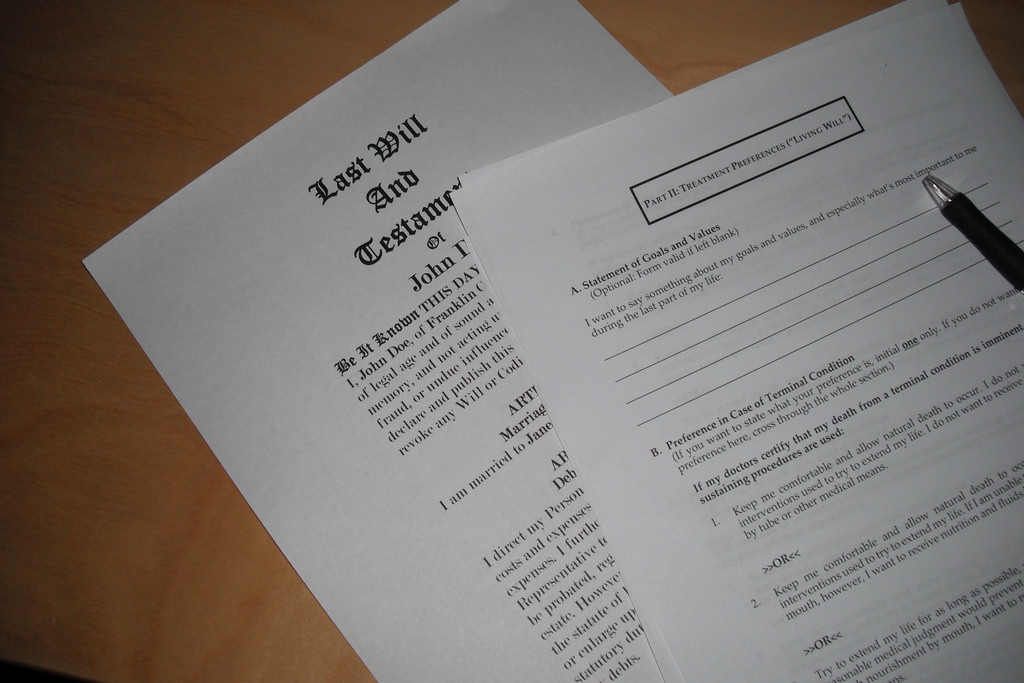Wills must meet several basic requirements to be valid and enforceable under state law. If any of the below factors are at work, then a will’s validity may be challenged. (1) Undue Influence Undue influence exists when a person uses coercion to influence the testator (the person creating a will) into executing a will that does not accurately reflect the testator’s true wishes. There are several red flags to keep in mind if you are suspicious a loved one’s will is the product of undue influence. Unusual dispositions of property, sickness and vulnerability of the testator to undue influence,…
-
-
Challenging the Validity of a Will vs. the Construction of a Will: North Carolina Court of Appeals Clarifies
Earlier in September the North Carolina Court of Appeals highlighted the procedural difference between challenging the validity of a will through a caveat proceeding and resolving questions as to the construction of a will through an action for declaratory judgment.[1] Plaintiff, Deborah Hildebran (“Hildebran”) was listed as the executrix of her father’s will (the “Will”). Upon her father’s death, the Will was probated in common form before the clerk and Hildebran was appointed executrix. The Will contained several handwritten markings, notably a line that struck through the name of the testator’s granddaughter Chanté Brittian…

